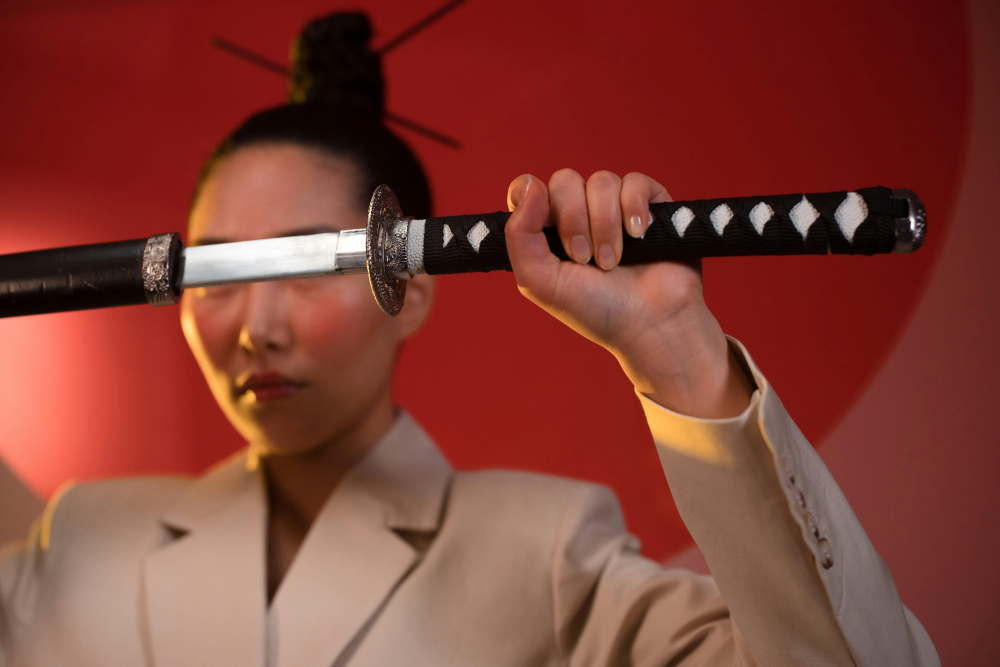CBD companies in Japan are scrambling to find manufacturers of hemp-derived cannabinoids with super low THC levels after the government instituted strict limits, placing the estimated $170 million sector in grave danger.
“Because of that ridiculously low THC limit, a lot of Japanese CBD brands are having hard time now,” an executive at one company told HempToday. “Those brands are looking for manufacturers who can produce good CBD, CBN, CBG raw material, which is lower than 10 ppm (THC).”
Japan recently set maximum THC limits for CBD products and the raw materials used to make them. In keeping with Japanese post-WWII cannabis policy, the limits are among the strictest in the world. For CBD products, the threshold for THC content is set at 10mg/kg (= 0.001% = 10ppm) for oils and powders, and even stricter limits apply to aqueous solutions (0.10mg/kg = 0.00001% = 0.1ppm) and food products (1mg/kg = 0.0001% = 1ppm).
Those limits are at least 200 to 300 times stricter than the threshold in most other countries with established CBD regulations, which observe a 0.3% THC limit for all product categories.
Illicit by design
Stakeholders in Japan, of course, are crying that the strict limits on THC will put them out of business and limit product availability. While that may be true, it’s also true that, whether planned by the government or not, the restrictions will crack down on a market that is illicit by design. CBD makers have for years been sidestepping Japanese law by claiming their products are made from the hemp stalk – one of only two parts of the plant that are legal in Japan (the other is the seed for food). Of course, this is bullshit. Nobody makes CBD from hemp stalks.
For now, the Japanese government remains firm on enforcing the draconian measures on hemp cannabinoids. Say it again: The CBD companies shot themselves in the foot in Japan as they have done elsewhere, only in a slightly different way.
Despite the clampdown, officials at the Ministry of Health, Labour, and Welfare say they are considering further studies to assess the impact of CBD on patients. So far, that has not gone so well, even for Epidiolex, the only widely approved CBD drug in the world. When exacting Japanese scientists studied the product’s effect, they found that it performed weakly in a key clinical trial.
The study showed that Epidiolex, an oral solution for treating rare forms of epilepsy in children, didn’t significantly reduce the incidence of seizures in a Phase 3 trial, according to Jazz Pharmaceuticals, the parent company of GW Pharmaceuticals, which makes the drug.
Phase 3 trials are critical in the four-phase drug development process because they provide the most comprehensive data on how well a drug works, and its safety profile, which is used by regulatory bodies such as the Food & Drug Administration (FDA) in the U.S., the European Medicines Agency (EMA) and the UK’s Healthcare Products Regulatory Agency (MHRA) to decide whether to approve the drug for public use.
Japanese lawmakers have already passed reforms signaling the government’s intent to restrict medical cannabis to CBD-only products, which will require a doctor’s prescription. Many believe the regulation will force out the majority of businesses that rely on the current over-the-counter market.
Here today . . .
A report by Euromonitor International in April 2023 projected that Japan’s CBD market had grown sixfold between 2019 and 2023. The market expanded from $26 million in 2019 to $173.8 million in 2023, driven by consumer demand for products offering relaxation, improved sleep, and stress relief, according to the report
CBD now accounts for 28% of Japan’s overall cannabis market, with the remaining 72% consisting of illicit marijuana sales, according to Euromonitor’s estimates. The country’s relatively relaxed enforcement of CBD regulations had allowed this market to flourish, despite existing laws permitting only products derived from hemp seeds or stalks.
Euromonitor estimates that approximately 150 companies are currently involved in Japan’s CBD trade as importers or distributors. These businesses service an estimated 588,000 regular CBD users across the country, who purchase products through both online platforms and physical retail outlets.
. . . Gone tomorrow?
The future of Japan’s CBD market remains uncertain. While strict THC limits are now the law, the impact on the market is yet to be fully realized. The government’s continued enforcement of these regulations, coupled with the likely shift toward prescription-only CBD products, suggests that many companies could exit the market, leaving only a few players — if any — capable of complying with the new rules.
For now, the Japanese CBD industry is in a state of flux, with companies scrambling to adapt to the new regulations and secure ultra-low THC raw materials. As enforcement tightens, the market may shrink dramatically, leaving Japan’s once-promising CBD sector a shadow of its former self.
Who is at risk
Some of the notable companies in the CBD space in Japan that still appear to be operating. You can consider their Japanese operations at risk:
HealthyTOKYO
Headquarters: Japan
Products: CBD oils, edibles (gummies, chocolates), skincare products, operates CBD cafes
CANNACELL
Headquarters: Japan
Products: CBD-infused skincare and beauty products
PharmaHemp Japan
Headquarters: Europe (Slovenia)
Products: CBD oils, e-liquids, cosmetics
Elixinol Japan
Headquarters: U.S.
Products: CBD tinctures, capsules, skincare products, topicals
CBDfx Japan
Headquarters: U.S.
Products: CBD tinctures, edibles, vape products
Naturecan Japan
Headquarters: UK
Products: CBD oils, softgels, creams, edibles
ENDOCA Japan
Headquarters: Denmark
Products: Full-spectrum CBD oil

